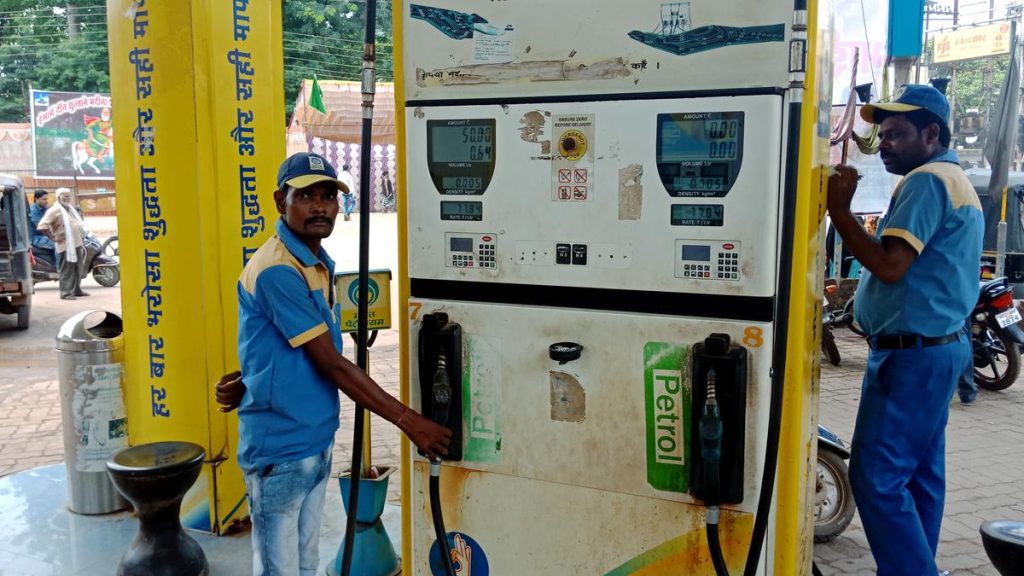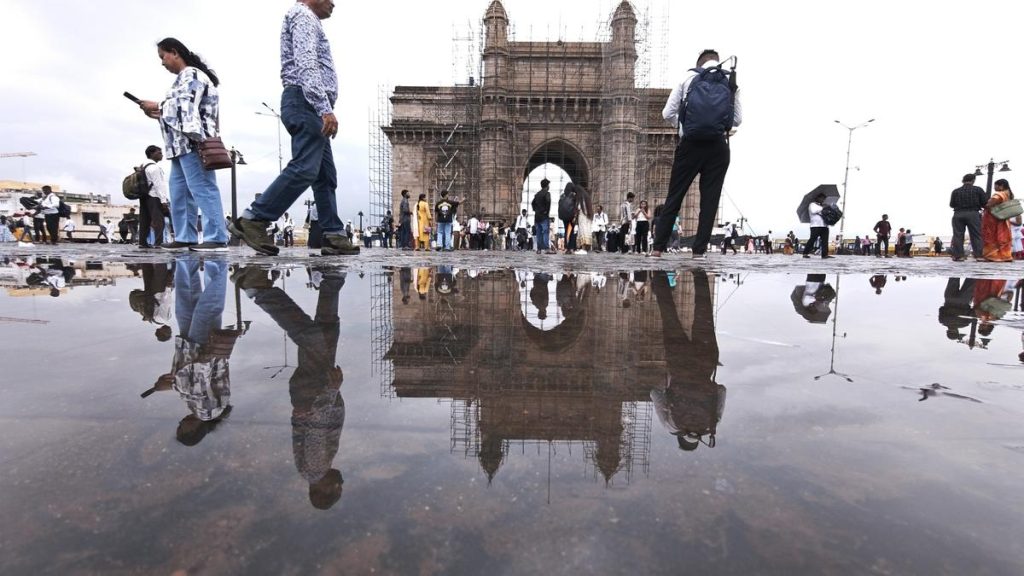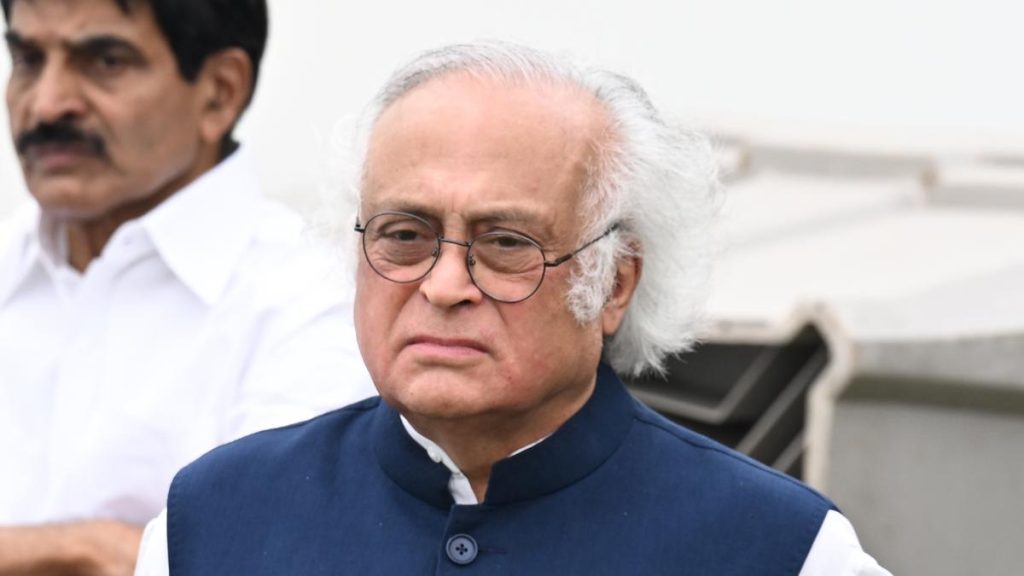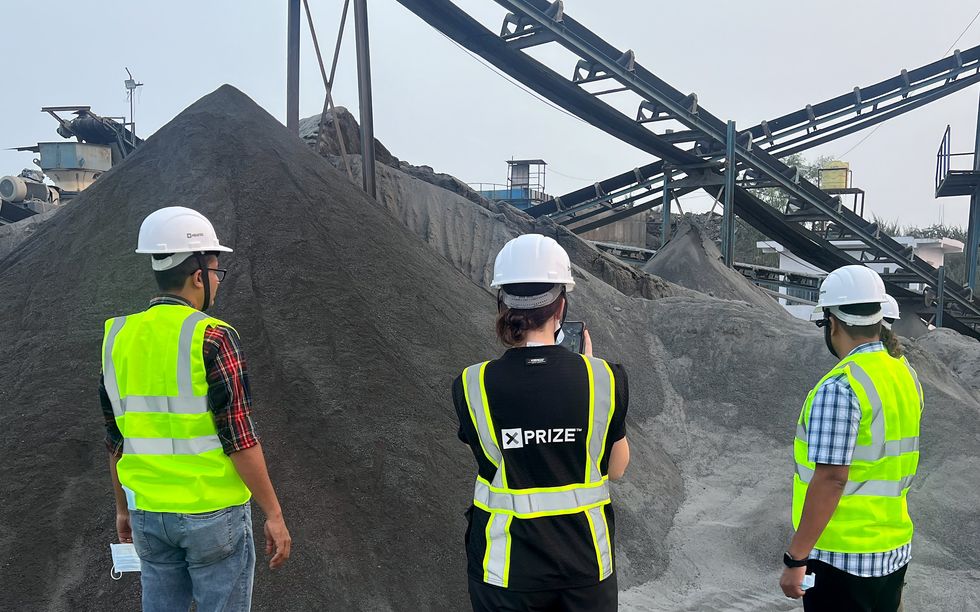Now Reading: Students Develop AI Device to Prevent Drunk Driving
-
01
Students Develop AI Device to Prevent Drunk Driving
Students Develop AI Device to Prevent Drunk Driving
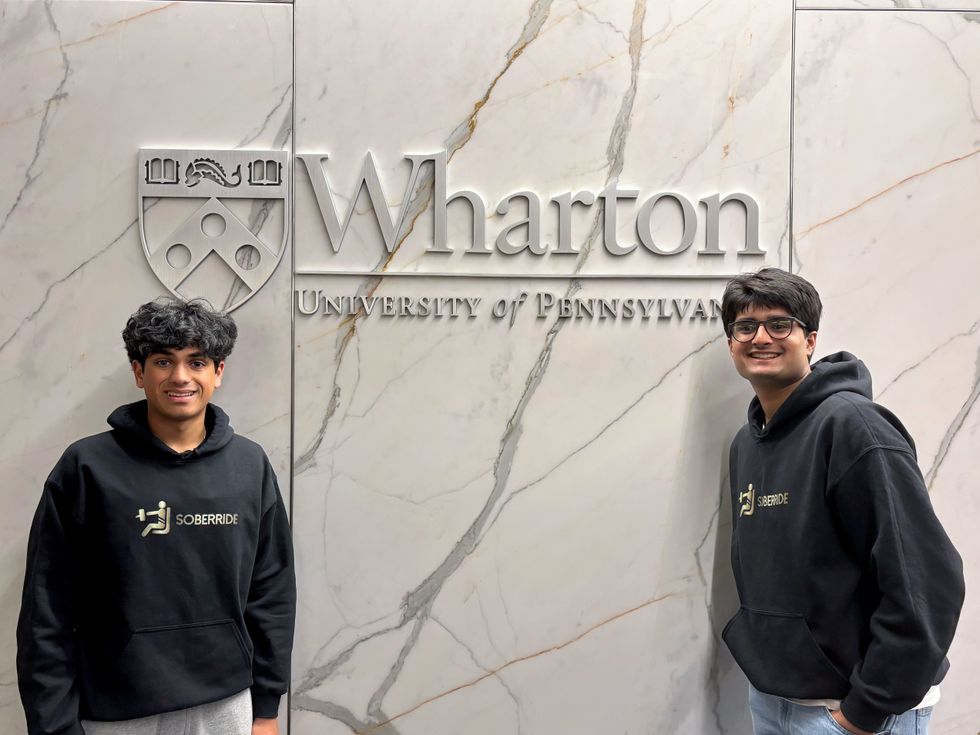
Fast Summary
- High school students from North Carolina have developed “SoberRide,” an AI-enabled device to prevent drunk driving.
- The tech uses cameras, sensors, and machine learning to detect driver impairment signs-pupil dilation, bloodshot eyes, or ethanol presence-before allowing a car to start.
- SoberRideS system mitigates a flaw in current breathalyzer-based ignition interlocks by utilizing facial analysis combined with ethanol sensors for accuracy.
- The team presented the invention at events like MIT’s Undergraduate Research Technology Conference and IEEE-supported gatherings.
- Led by Swayam Shah (11th grade CEO) and Shaurya mantrala (senior), the team draws inspiration from personal loss due to drunk driving incidents. Their AI models use datasets curated by IIT researchers to ensure inclusivity and reduce racial bias in facial recognition algorithms.
- Legislative advocacy efforts include pushing for anti-drunk-driving systems mandates among state officials and Congress representatives following federal action under the HALT law in 2021.
- Automakers such as Honda, Toyota, and nissan expressed interest at CES 2023; beta-testing discussions are underway.
- Focused market segments include fleet operators or parents of teenage drivers as early adopters of SoberRide technology.
- Recognitions: CES showcase invitees (first high school team), finalists in Conrad/Diamond Entrepreneurship Challenges; $100,000 funding secured from TiE Angels program for further product perfection.
Indian Opinion Analysis
The growth of “SoberRide” showcases how young innovators are leveraging AI-enabled technologies for pressing global challenges like road safety-a concern not only relevant but also critical within India’s extensive road networks known for high accident rates caused partly by intoxication-related errors. While this technology is U.S.-focused presently, its universal applicability highlights potential meaning if adopted here.Moreover, India’s automotive industry has increasingly integrated smart safety systems driven by consumer demand and government regulation like ABS mandates on vehicles; so such advancements align well with ongoing trends towards smarter infrastructure usage globally-even aiding responsible driving advocacy indirectly reducing fatalities hitting alarming statistics yearly domestically


